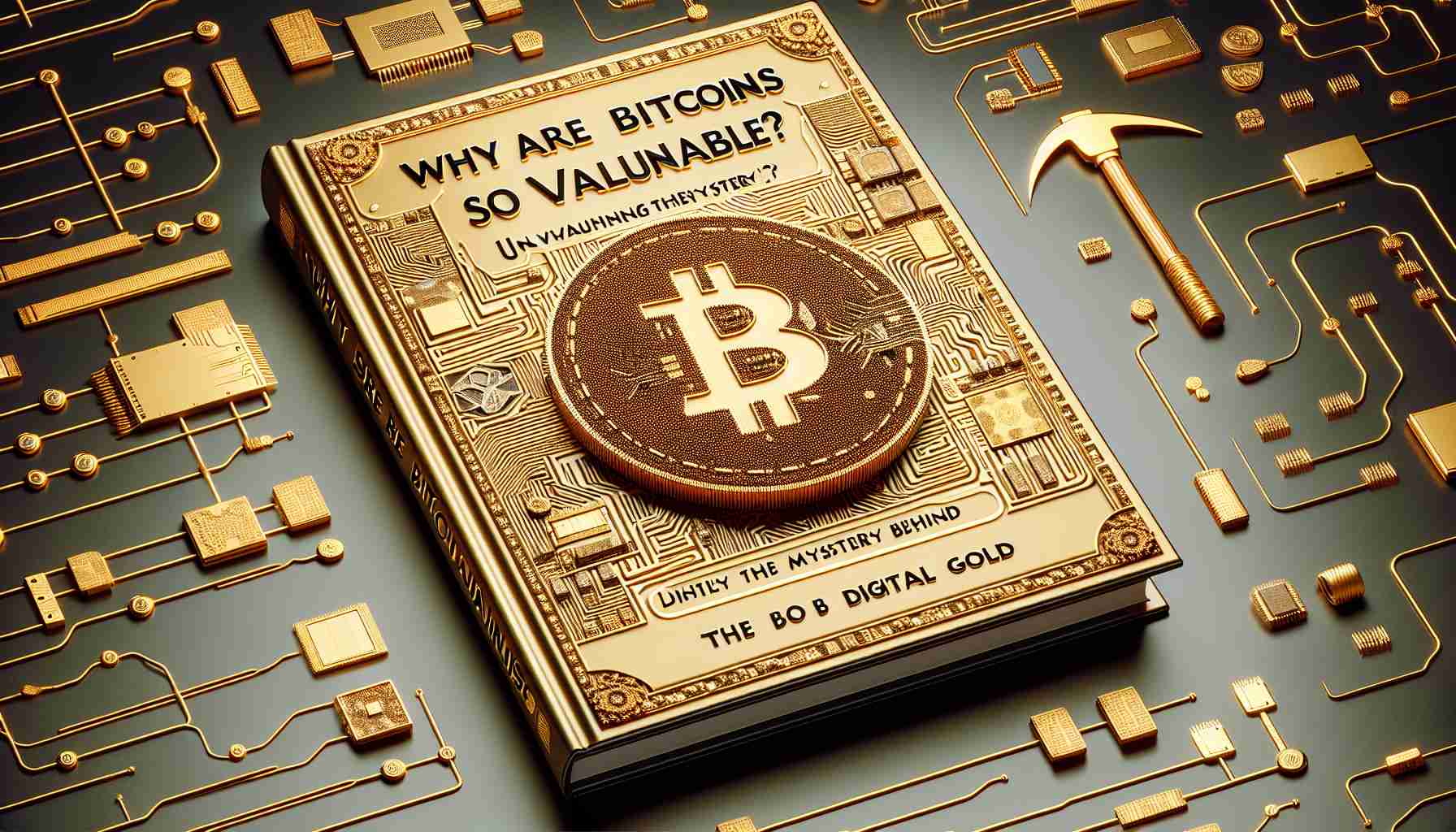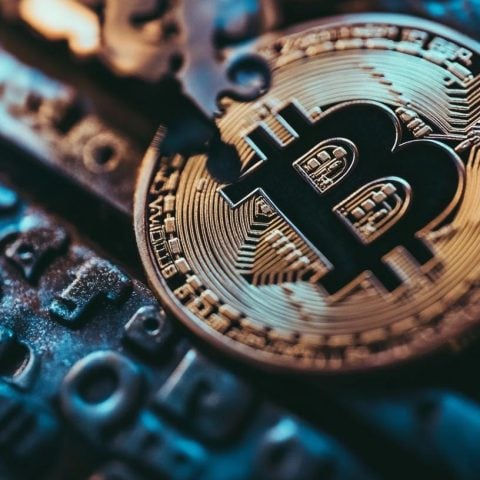The surge in interest surrounding Bitcoin prompts many to ask: why does it hold such immense value? Many theories attempt to explain why this digital currency, also known as “digital gold,” commands such a high price.
First and foremost, the intrinsic value of Bitcoin is significantly linked to its limited supply. Modeled similarly to precious metals, Bitcoin is capped at 21 million coins. This scarcity is encoded in its very nature, driving up demand as more people seek to own a piece of this finite asset.
Another crucial factor is decentralization. Unlike traditional currencies issued by central banks, Bitcoin operates on a peer-to-peer network, free from government control and traditional banking systems. This decentralization provides a sense of freedom and independence highly valued by users in an era where trust in centralized financial institutions is occasionally questioned.
Bitcoin also boasts impressive security features. Built on blockchain technology, it provides a transparent and secure way to conduct transactions without the need for intermediaries. This secure infrastructure attracts businesses and individuals seeking safe avenues for financial exchanges.
Additionally, Bitcoin’s rise in value is fueled by its gradual adoption as a mainstream investment. High-profile institutional investors and companies have increasingly acknowledged its worth, thus lending credibility to its status as a financial asset.
In essence, Bitcoin’s value is a result of its unique attributes—scarcity, decentralization, security, and growing mainstream acceptance—elevating it to a status akin to “digital gold” in today’s financial ecosystem.
The Untold Stories of Bitcoin’s Impact on Modern Society
While many understand the reasons behind Bitcoin’s soaring value, fewer recognize its broader societal impacts. Bitcoin’s ascent influences everything from individual financial autonomy to global economic structures.
How does Bitcoin affect individuals? For many, Bitcoin represents more than just a speculative investment. It’s a doorway to financial independence, especially in regions with unstable currencies or stringent banking regulations. People in areas with hyperinflation, such as Venezuela, have turned to Bitcoin to preserve their wealth. However, this is a double-edged sword, as Bitcoin’s volatility can lead to dizzying losses just as easily as gains.
Community Impact: Financial Inclusion or Exclusion? Bitcoin has a profound impact on communities unbanked by traditional systems. By offering an alternative means of storing and transferring value, it fosters financial inclusion. On the flip side, the technical know-how required to navigate the crypto world can be a barrier, potentially widening the gap between tech-savvy users and those without access to digital resources.
Are there economic consequences for countries? Bitcoin challenges national monetary policies by circumventing regulatory frameworks. Countries such as El Salvador have adopted Bitcoin as legal tender, aiming to boost economic growth and technological infrastructure. However, this approach is controversial, as it poses risks to monetary stability and exposes economies to Bitcoin’s notorious price swings.
Advantages and Disadvantages: Bitcoin offers freedom from traditional banking systems and a secure way to transact. Yet, its price volatility, environmental concerns, and regulatory uncertainties impose significant challenges.
For more insights into Bitcoin, visit CoinDesk or explore deeper analyses on Cointelegraph.
















